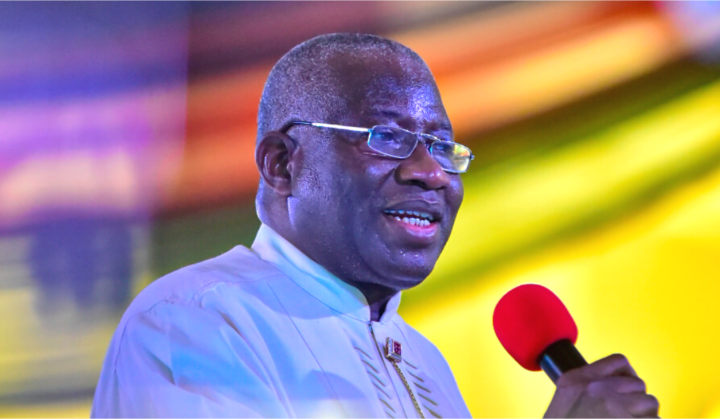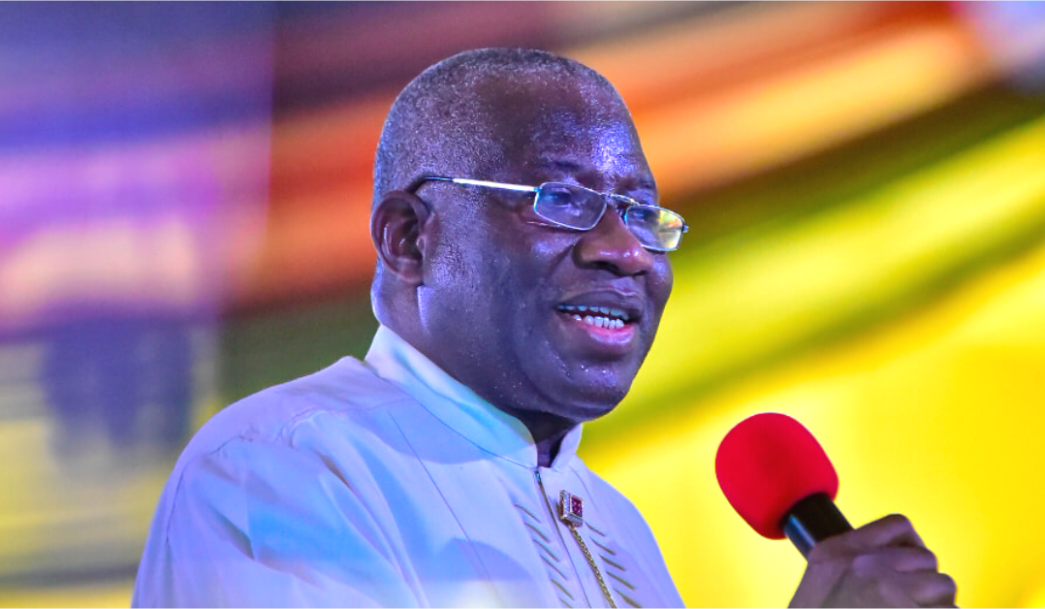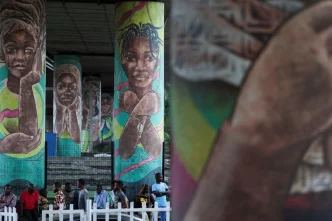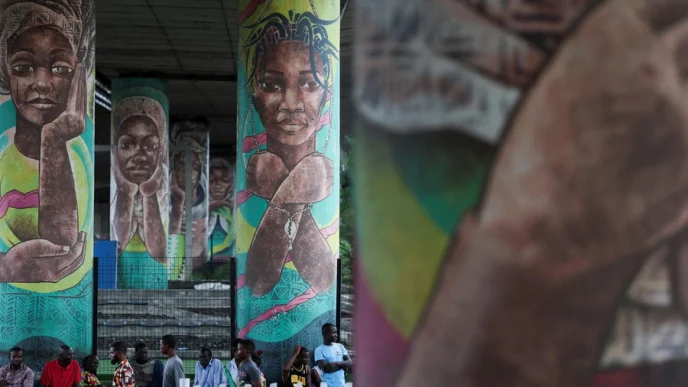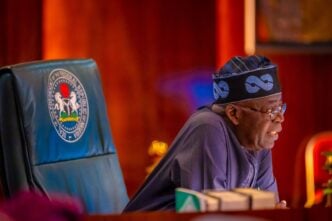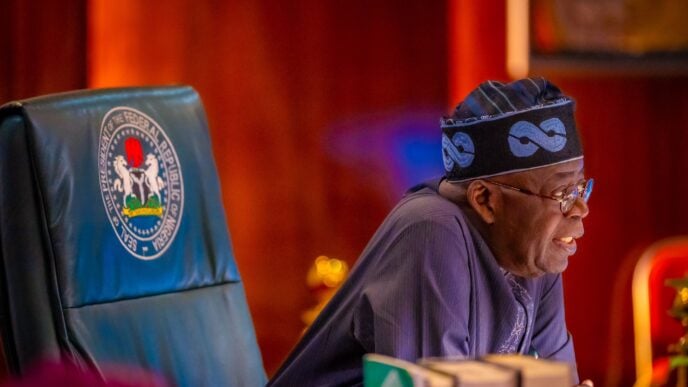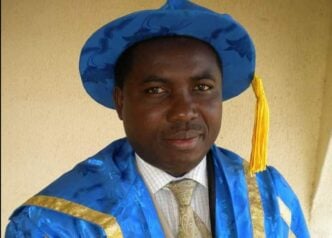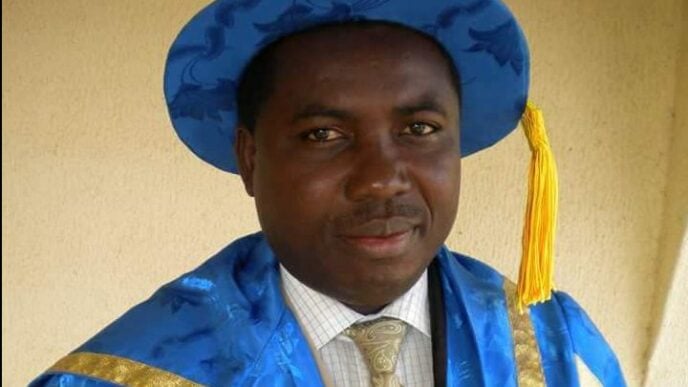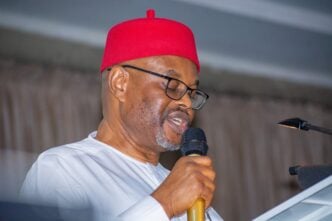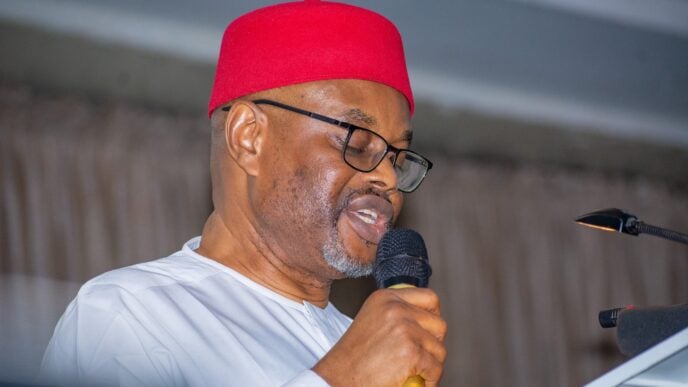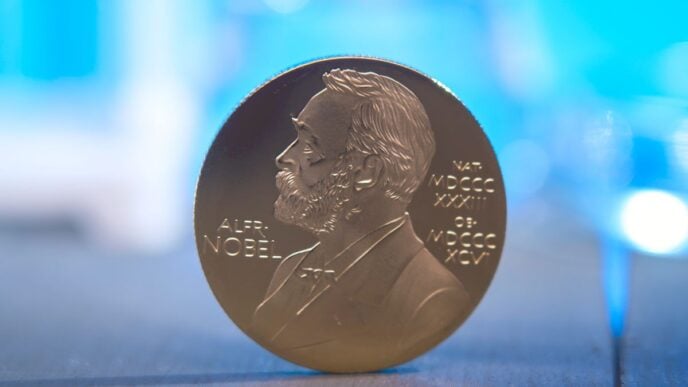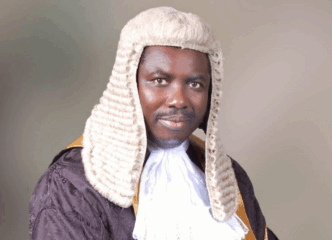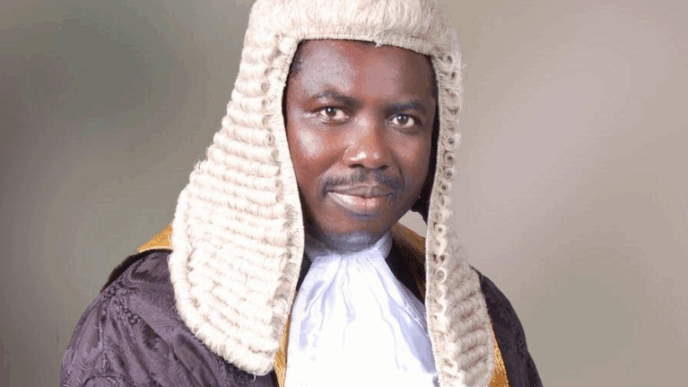Rumours that Nigeria’s former President Goodluck Jonathan is being considered to make a return to contest the 2027 presidential election have dominated national conversation, provoking heated debates across the political divide and reigniting past memories of a presidency many Nigerians would rather choose not to relive.
One of the most vocal politicians who has insisted it is either “Jonathan or nothing” is Jerry Gana, the former information and orientation minister and Peoples Democratic Party stalwart. The one-time gregarious minister was pompously quoted to have said: “I can confirm that Goodluck Ebele Jonathan will contest the presidential election in 2027 as the PDP candidate and we should be prepared to vote for him to return as president again”.
But while politicians are busy maneuvering, dividing public opinion, and pushing their self-interest, Nigerians will not forget in a hurry the painful memories of the Jonathan years. Any consideration of Jonathan in any conversation as a possible candidate for the presidency looks less like a way forward and more like a step into a past best forgotten. Patience Jonathan, the former first lady, put it bluntly recently when she said she would “not return to Aso Rock Villa” and that she has found peace. It’s time for her husband and all who believe otherwise to listen to the former first lady, recognise what was forgotten, and let the past stay in the past.
Goodluck Jonathan’s presidency (2010–2015) was riddled with controversy, regret, and heavy burdens on Nigerians. Yes, Jonathan assumed office under tragic circumstances when President Yar’Adua died; yes, he won a subsequent term in 2011, defeating Buhari. But his administration left behind insecurity, corruption, broken promises, and lost opportunities. One of the most damning criticisms of Jonathan’s presidency remains the Boko Haram insurgency that festered and strengthened its operations under his watch. By 2015, Boko Haram had exploded from being a northern problem to a full-scale national danger. Bombings in Abuja (we cannot forget in a hurry Nyanya, UN Building, Thisday office, etc.). Abuja was under siege. Abductions (including the Chibok girls) and the loss of thousands of lives in frequent bombing campaigns by Boko Haram gripped the country and left the population in fear. Jonathan’s critics accused him of indecision, a sloppy military response, and weak intelligence.
Advertisement
Then there was widespread corruption — the scandal, often called “Dasukigate”. Over $2 billion budgeted for arms procurement under Sambo Dasuki, his national security adviser, disappeared. Contracts were awarded, often to fictitious companies; equipment bought to fight the Boko Haram insurgency was not delivered; soldiers were neglected. Many believe that this failure to account for and use security funds properly under Jonathan worsened the state of insecurity and strengthened Boko Haram and their terror network, contributing specifically to more deaths because the military was poorly equipped. Yet, this is the same Jonathan some politicians are willing to bring back as president. It just seems we suffer collective amnesia as a people.
Economically, while there were commendable projects, there were also serious social challenges. Unemployment was high, fuel queues were rampant, poverty became widespread, and the cost of living rose. Some savings were realised — like removing ghost workers and saving billions of naira through public service reform — but many Nigerians argue these gains were too little and too late. Jonathan also had questions about his leadership style: many perceived him as indecisive, earning him the infamous “clueless” description. When action was needed, he prevaricated while his aides and appointees ran the show, often with disastrous consequences. He was the commander-in-chief who was not in control. Many Nigerians still remember the frustration of waiting for decisive action from their president.
Jonathan’s voluntary handover in 2015 was widely praised, especially within Africa, for abiding by democratic values when many African leaders do not. That singular act is still among his strongest legacies. But rumours that he may want to come back risk tarnishing that legacy; people will ask: if in 2015 you were content to hand over, why does 2027 bring about ambition again? Legally, too, this rumoured bid is shaky. Nigeria’s 1999 Constitution (as amended) limits a president to two terms of four years each. That limit is strictly enforced by the courts. Moreover, the constitutional amendments in 2018 limit vice-presidents who assume the presidency mid-term to only one additional full term in some cases.
Advertisement
The idea that Jonathan could satisfy both legal and constitutional bottlenecks is dubious at best. So, why then does talk of a Jonathan comeback persist? Political watchers recall that his time in power left a few infrastructure projects and a profile that is still recognised both in Nigeria and abroad. The Jonathan 2027 campaign is a distraction driven largely by self-interest, north-south term limits, and calculations about alliances.
But the above are not enough reasons for a man who once proclaimed that “stealing is not corruption” and said he doesn’t “give a damn about declaring his assets”. Moreover, the country has changed. The challenges have worsened. Security threats are newer in form, more widespread. Expectations of transparency, of speed, and of accountability are higher. Young Nigerians no longer equate longevity in office with wisdom. If anything, they judge by results. At this point, for Jonathan to seriously consider contesting again is ill-advised. It is clear that those promoting his comeback do not really rate Nigerians. He had nothing to give then and would have nothing to give now. Another term risks eroding what good remains of his public image and doing fresh damage to a country almost in ruins.
Let him listen to his wife, Patience Jonathan. Her voice, saying “I won’t go back to Aso Villa”, about the stress, the burden, and the hardship, is not merely a personal statement. It is also a warning to the former president. Peace of mind and dignity — these are not trivial. They matter. They matter when one has been lucky enough to have held power. They matter now when Nigerians are looking for new, effective, inspiring leadership in 2027, not the recycling old of leaders who have nothing to offer.
Jonathan should address these rumours openly. Let the Nigerians hear him say, “These are just rumours.” Let citizens remember him for handing over power, not for scheming to reclaim what he once lost at the ballot box. Because if he enters the 2027 presidential race, his defeat is all but certain — not just politically, but morally. It risks smearing the very thing he once stood for by letting ambition overshadow his legacy. Nigerians deserve more than a comeback by a president who has had his chance but failed to deliver. We deserve leaders whose records are spotless. The presidency should be a sanctuary of Nigeria’s future, not a museum to house her relics. Let Jonathan stay in peace. Let the rumour stay as rumour.
Advertisement
Views expressed by contributors are strictly personal and not of TheCable.

